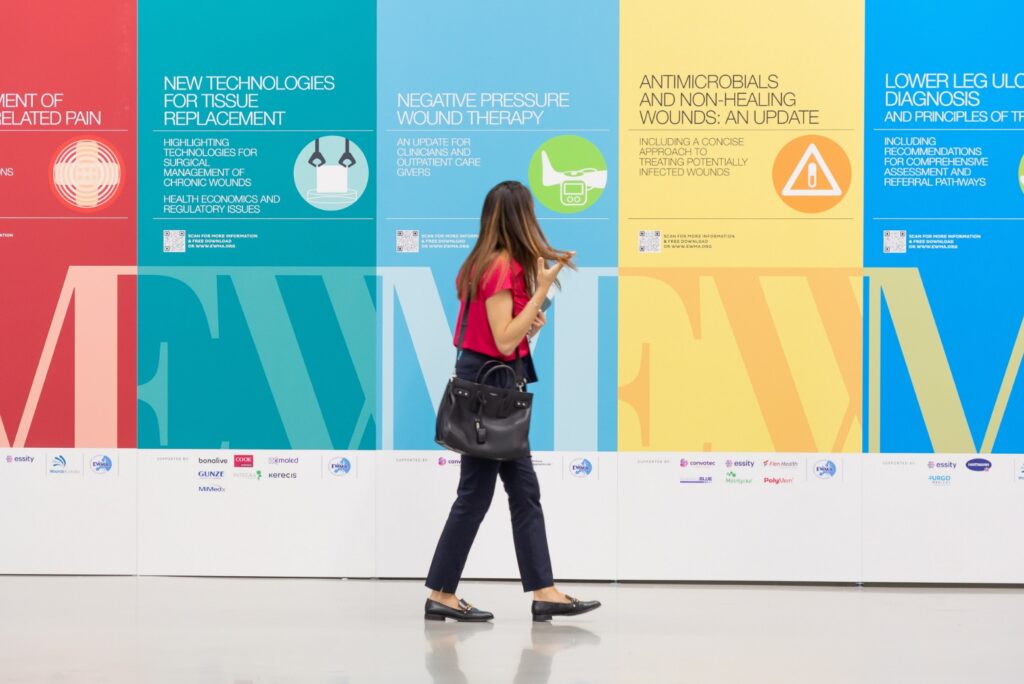Publications by the Antimicrobial Stewardship Programme
Antimicrobials and Non-healing Wounds: An Update
This EWMA Document provides an update on the controversies and hopes published in the 2013 document: Antimicrobials and Non-healing Wounds. Evidence, Controversies and suggestions.
The aims are to:
- Highlight current knowledge regarding the use of antimicrobial agents, particularly in nonhealing
- wounds
- Discuss new information and progress in this field since 2013
- Offer recommendations for future actions
- Provide practical guidance for clinical practice concerning the appropriate use of antibiotics and antiseptics in wound management
Antimicrobial stewardship of antiseptics that are pertinent to wounds
Authored by Jean-Yves Maillard, Günter Kampf, Rose Cooper, this review highlights these difficulties and in particular the efficacy of current non-antibiotic antimicrobials used in dressings, their efficacy, and the challenges of translating in vitro efficacy data to the efficacy of dressings in patients. This review calls for a unified approach to developing standardized methods of evaluating antimicrobial dressings that will provide an improved basis for practitioners to make informed choices in wound care.
The publication is latest deliverable under the EWMA Antimicrobial Stewardship Programme. It is open access and is published by our AMS partners, BSAC, in the Journal of Antimicrobial Chemotherapy – Antimicrobial Resistance (JAC-AMR).
Non-antibiotic antimicrobial interventions and antimicrobial stewardship in wound care
Control of wound infection today relies largely on antibiotics, but the continual emergence of antibiotic-resistant microorganisms threatens a return to the pre-antibiotic era when physicians used antiseptics to prevent and manage infection. Some of those antiseptics are still used today, and others have become available. With the prospect of a post-antibiotic era looming, ways to maintain and extend our antimicrobial armamentarium must be found. In this narrative review, current and emerging non-antibiotic antimicrobial strategies will be considered and the need for antimicrobial stewardship in wound care will be explained.
A survey of practice and opinions on the use of topical antibiotics to prevent surgical site infection
Surgical site infection (SSI) is one of the most common causes of healthcare-associated infection. Although the use of topical antibiotics to prevent SSI is not recommended by current guidelines, published studies document conflicting results and conclusions. There are diverse opinions and practices among healthcare professionals about the use of topical antibiotics for the prevention of SSI. This considerable, and possibly inappropriate, variation in clinical practice needs to be addressed as part of antibiotic stewardship.
Antimicrobial stewardship in wound care - A Position Paper
With the growing global problem of antibiotic resistance it is crucial that clinicians use antibiotics wisely, which largely means following the principles of antimicrobial stewardship (AMS). Treatment of various types of wounds is one of the more common reasons for prescribing antibiotics. This paper is aimed at providing clinicians an understanding of:
- The basic principles of why AMS is important in caring for patients with infected wounds
- Who should be involved in AMS
- How to conduct AMS for patients with infected wounds
Antimicrobials and Non-healing Wounds. Evidence, controversies and suggestions
This document describes these controversies and hopes to raise interest in how to solve these problems for the future use of antimicrobials. For this reason, EWMA established the group, which produced this document.
By discussion and clarification, we hope to contribute to a reduction in the burden of care, in an efficient and cost-effective way.







